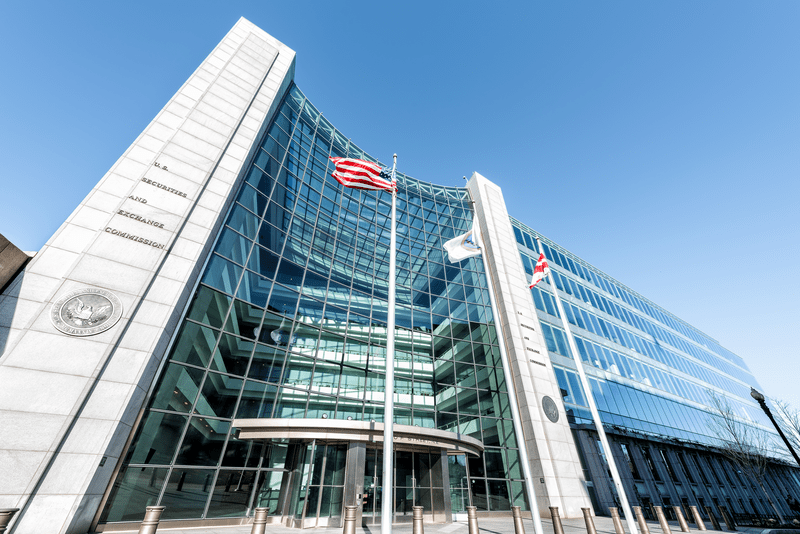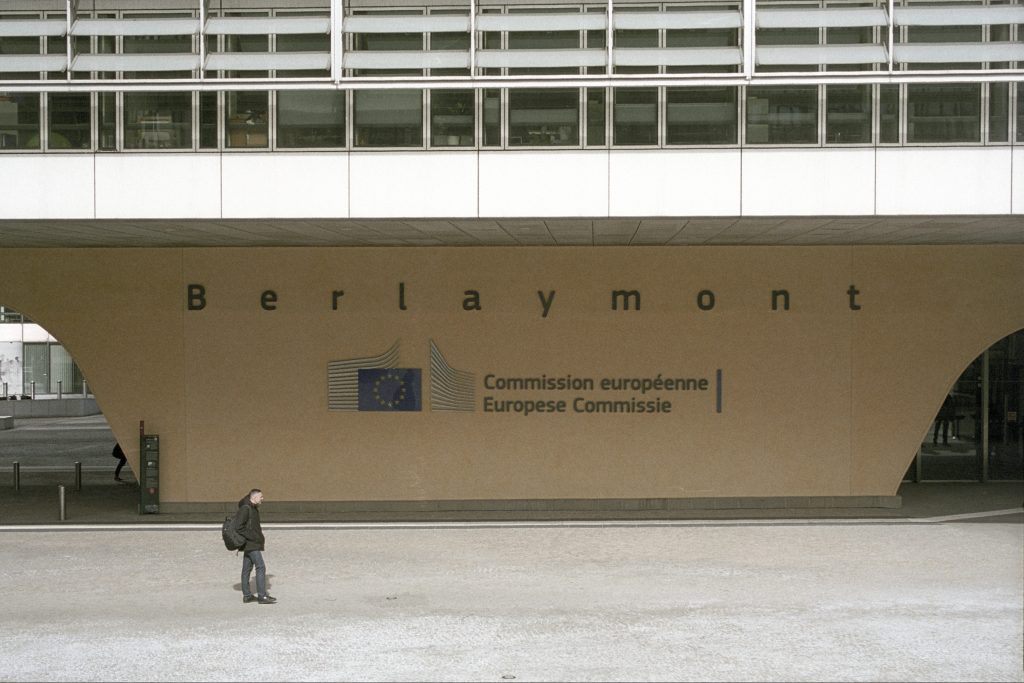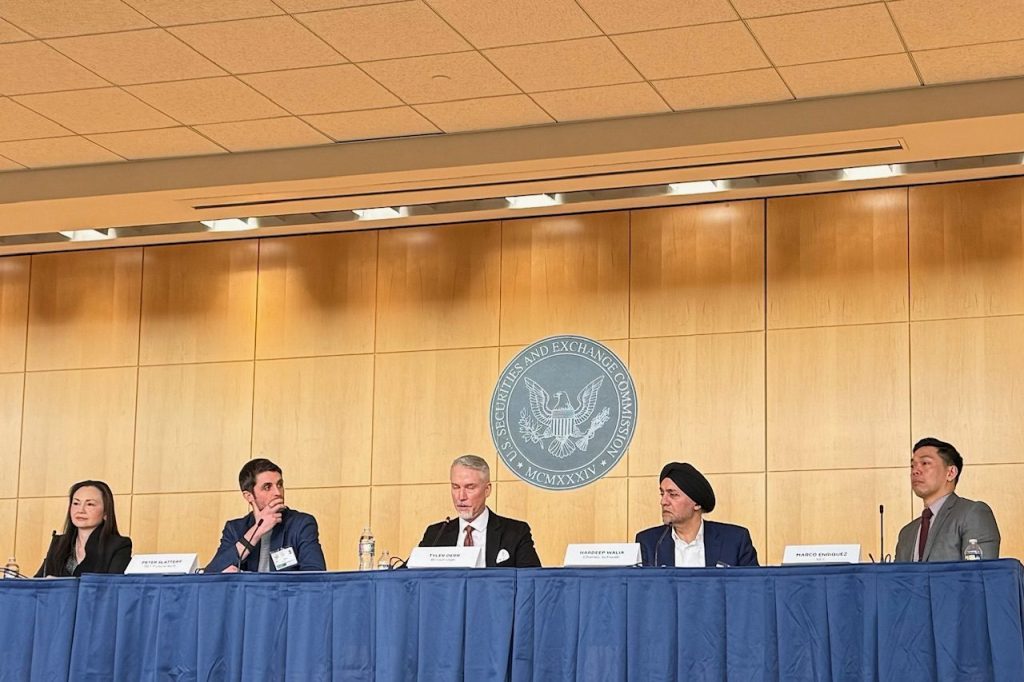The FCA concluded, based on information supplied by banks, building societies and payment companies, that no firm closed an account between July 2022 and June 2023 primarily because of a customer’s political views.
The UK Payment Accounts: access and closures review was launched following a high-profile case involving the closure of British former politician Nigel Farage’s Coutts account in June.
Suspensions, termination, and declines
Reiterating that the FCA had handled the issue “at speed”, FCA executive director of markets Sarah Pritchard said in a virtual press briefing “there are questions around financial crime, how to ensure a risk-based approach, international perspectives on de-risking and broader questions on whether there should be greater provision that mandates access to a bank account”.
Suspensions, terminations, and declines were given as major reasons for closures, due to concerns certain accounts could be involved in financial crime activities. The issue is is pervasive across the globe, and the FCA provided a report on international approaches to de-risking.
“Commercial factors also appear to be behind some account closures too. Individuals have some minimum safeguards here, through access to basic bank accounts where they are eligible. But businesses and charities don’t benefit from the same protections. Whether they should or not is ultimately a question for the governments,” Pritchard added.
“We don’t want to lose sight of the 1.1m people across the UK who don’t have a bank account at all. We will be doing further work here.”
Pritchard’s comments reference the Consumer Duty, brought into force in July, and reminded firms they should be collecting accurate and sufficient information to fully assess whether they are delivering good outcomes for their customers.
The FCA said earlier this month it would review the treatment of domestic Politically Exposed Persons (PEPs) by financial services firms. Pritchard said the FCA was continuing work on this and would issue a separate report on the matter.
“An important question for policymakers is whether all individuals, businesses and organizations should have the right to an account, as is the case in some other countries.”
Nikhil Rathi, Chief Executive, FCA
“While no bank, building society or payment firm reported to us that they had closed accounts primarily due to someone’s political views, further work is needed for us to be sure,” Nikhil Rathi, Chief Executive, FCA, said. “As we undertake that work, the time is also right for a debate on how we balance access to bank accounts with the threat of financial crime, as well as firms’ reasonable risk and commercial appetites.
“An important question for policymakers is whether all individuals, businesses and organizations should have the right to an account, as is the case in some other countries. What’s more, international comparisons suggest robust digital identities could play an important role not only in countering financial crime but also in aiding financial inclusion.”
Data gathered at speed
The FCA said in the review that the data gathered could not be accurately aggregated or averaged due to the speed at which it was gathered.
The FCA said it will be doing further work with firms to verify the data and to better understand the reasons behind, for example, the closure of accounts due to reputational risk.
Further work will include:
- following up to provide assurance of the accuracy of the data reported, concentrating particularly on outlier firms;
- additional supervizory work to be sure of firms’ conclusions on accounts closed for political reasons and closer analysis of accounts closed for reasons of reputational risk;
- further review of declined applications for and terminations of basic bank accounts;
- further research into the reasons why 1.1m people in the UK are unbanked and the characteristics of this population;
- engagement with consumer groups and organizations to understand their experiences and the impact of account declines, terminations and suspensions where these are within our regulatory remit;
- a financial inclusion sprint in Q1 2024 focussed on improving consumer access to financial services.












